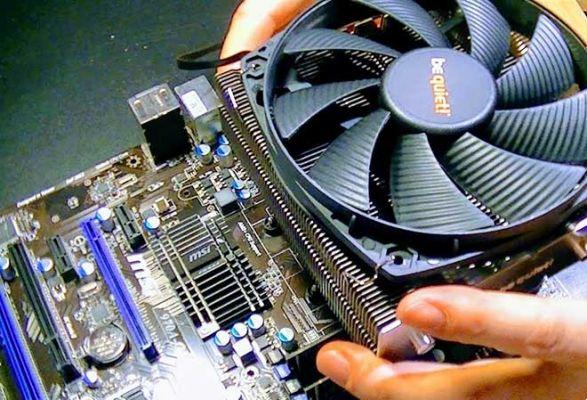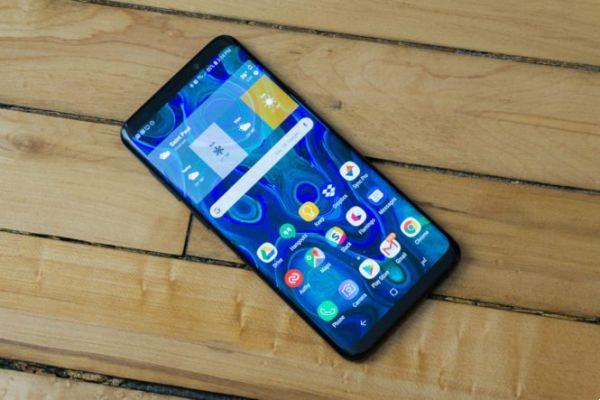
Regardless of your budget, both of these top-tier brands have a range of beautifully designed and complete TVs, ready to impress, so which one to choose from. LG and Samsung TV? Do you have to buy a new television? We don't blame you: every year a new team of Smart TVs are launched on the market, with bigger screens, better graphics and more powerful processors, all they ask for in return for a seat in your home. It is a very busy market, but in between Samsung vs LG TVs: Who's the Best?
Let's face it, most TVs look basically the same at first glance. Sure, some will be bigger or thinner than others, and both LG and Samsung have released new form factors for their high-end TVs - have you seen LG's rollable OLED TV yet? But in the end you have to buy a rectangle, and sometimes it can be difficult to understand what really makes one different from the other.
That's why we've put together this guide for compare Samsung vs LG TVs, so you can know for sure which brand has the right TV for you.
Samsung vs LG TV: overview
When it comes to 4K TVs, the two brands are not far from each other when it comes to quality. But while one steadily improves, the other often falls into the holes. Samsung and LG are the two largest manufacturers, and they sell Smart TVs in any price range, albeit with slightly different screen technologies for their high-end TVs.
As for high-end TVs, there is a lot of difference in quality, which we don't find in the budget range. Samsung and LG TVs are equipped with the latest technology for screens and Smart TVs.
Both are South Korean manufacturers who sell televisions globally, with large footprints in both the UK and the US - unlike Panasonic or Philips, which do not have licenses in North America - with a large installation base and wide range. of televisions launched every year.
It's hard to compare prices, given the number of Samsung and LG TVs that launch each year, going from a 32-inch LED TV or a cheap 4K TV to a super-sized 4K TV that will set you back thousands of dollars. Whatever size, shape, resolution or budget you are looking for, there is always a television for you.
Samsung and LG are also fighting for territory in the highly competitive smartphone market - they both manufacture Android phones, although we won't be comparing their phones in this particular guide.
Smart TV: Tizen vs. webOS
Both Samsung and LG use their own proprietary smart TV platform, and each has its own flavor.
LG has been a leader with webOS - a minimal and stripped-down smart TV interface - since 2014. It uses a horizontal menu bar for apps, streaming services, with customizable positioning so you can choose where to place your favorite apps on the screen. The latest webOS 4.5 software also comes with secondary menus that appear when you hover over an app icon.
Samsung's Tizen platform doesn't differ enormously in its layout (it could be said that it was influenced by the former), although it doesn't have an impressive search algorithm like LG's AI ThinQ software.
But what about voice assistants? LG's OLED and Super UHD sets come with built-in Google Assistant and limited compatibility with Alexa-controlled devices. Samsung uses its Bixby assistant, albeit again only for mid-range or premium TVs - and with the option of using Google Assistant or Alexa via third-party devices.
Dolby Vision vs. HDR 10+
Both support a slightly different format for high dynamic range (what is HDR), with LG integrating Dolby Vision into its premium range of OLED and Super UHD, while Samsung prefers HDR10 + (what is HDR 10 ) for its premium televisions.
Both formats use so-called dynamic metadata to adapt television output to the content being viewed, so dark cave scenes or well-lit living rooms vary in brightness, contrast and image processing levels accordingly.
Dolby Vision is truly the most advanced format, with a 12-bit color gamut rather than 10-bit HDR10 +, and it's also more commonly found. (While there are a number of HDR10 + shows on Amazon Prime, you won't find them on Netflix, Chromecast Ultra, or Apple TV 4K.)
Sure, the preferred HDR format is really just a small concern at the higher end of the price range, but big spenders should think carefully about which services want HDR content.
QLED or OLED?
OLED, which stands for “organic light-emitting diode”, is a kind of TV panel capable of emitting its own light, instead of being crossed by a light. This made it possible to produce extraordinarily thin TV screens and the ability to individually control the brightness of individual pixels.
OLED TVs are known for their vibrant colors, deep black levels, and low overall brightness. All OLED panels are manufactured by LG Display, so even if you have a Sony OLED in your house, you have to thank LG.
QLED, on the other hand, is a proprietary technology developed by Samsung. QLED uses a quantum dot filter to enhance color and contrast and make do with a series of darkening zones to vary the brightness of the screen, rather than being able to do it individually with each pixel.
QLED TVs are also much brighter than OLEDs (thousands of nits versus hundreds), although as a result they can have a hard time showing both light and dark images.
We elaborated on this debate in our QLED vs OLED guide, although for now it will suffice to say that OLED is generally suitable for high-quality video formats in dark display environments, while Samsung's settings are at odds with contrast (comparatively) but it compensates. with a bright and impactful display. Keep in mind, however, both are amazing premium panel technologies and most of you will be very happy with both.
Samsung vs LG TV: which one to choose?
It was a tough time for both LG and Samsung. LG Display has had to spend a lot on research and development for its OLED panels and this year posted a first-quarter operating loss (said by Reuters), albeit with some confidence that the OLED bet will eventually offset that.
Meanwhile, Samsung expects a sharp decline in earnings in 2019 after smartphone sales and lower-than-expected TV demands. Samsung plans to compete with LG's OLED technology, with its QD-OLED hybrid (What is a Quantum Dot (aka QLED) TV, but unstable finances saw these technologies being pushed back a few years ago.
Regardless of both companies' financial health, both are focusing on their current display technologies and won't suddenly stop supporting any of the new TVs they are currently releasing to market. So, which TV to choose should really be just what you want in your living room.
If you want a bright and dazzling QLED screen to light up your home - or make a good choice based on your wallet - Samsung is your best bet. If you really want impressive picture quality ever released, regardless of price, nothing currently beats LG's OLED panels in color and contrast.






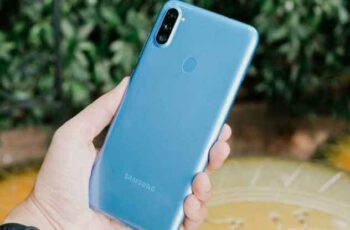

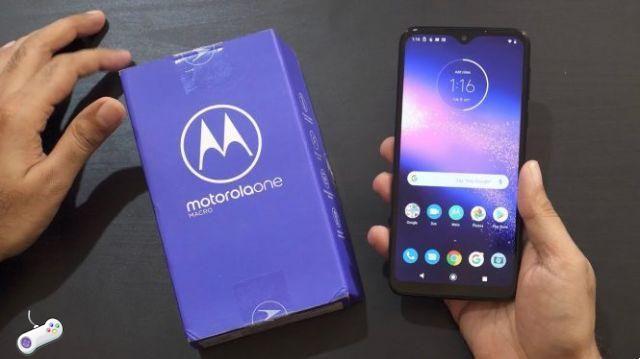
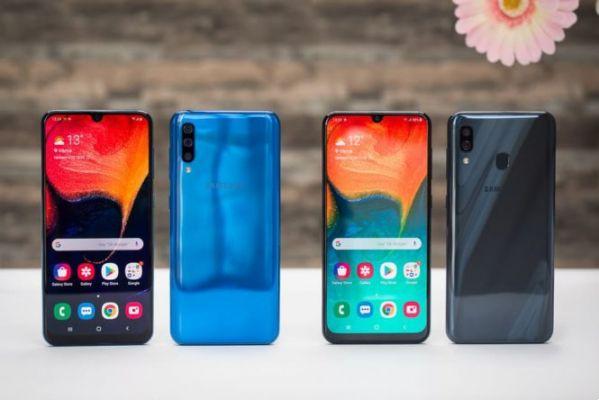

![How To Do When AirPods Are Not Working [Solved]](/images/posts/d8ead25a7ee36cbc9cc8f46068d1eee2-0.jpg)




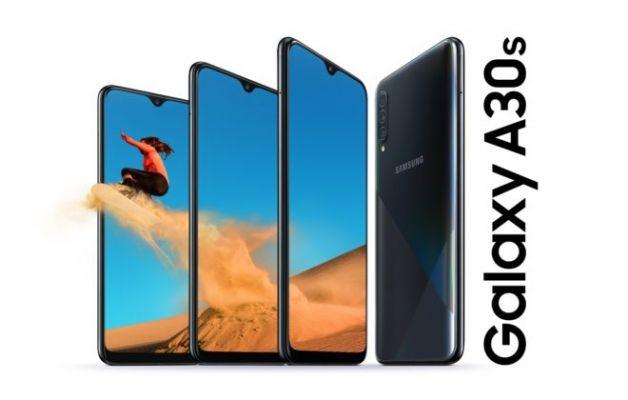

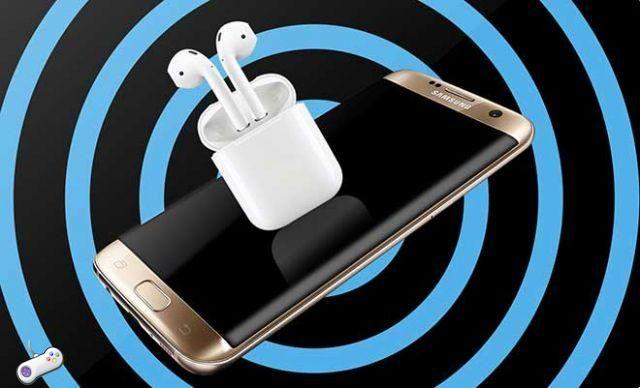


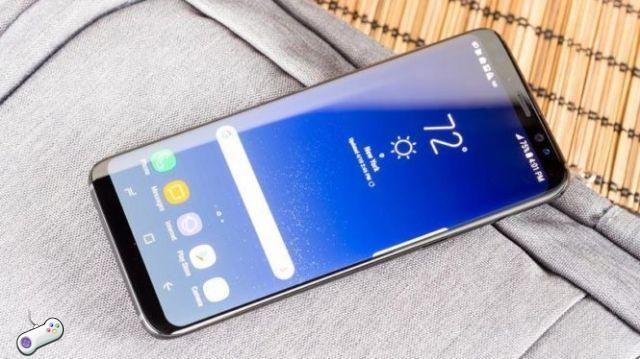

![[Download] Magisk v21.0 - Support for Android 11, Magisk Manager redesigned](/images/posts/f0504d7bfffc830777464faea4f3c50b-0.jpg)

